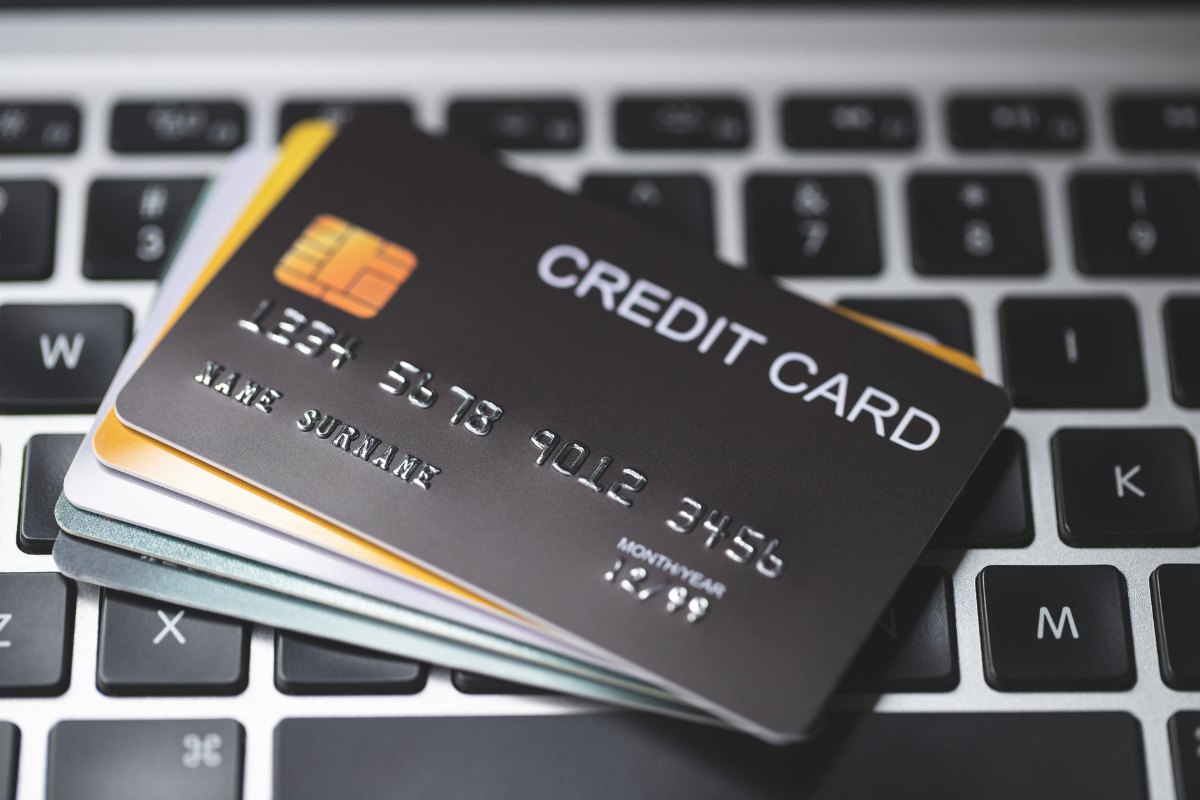
In the age of digital payments and contactless transactions, both credit cards and debit cards are widely accepted methods for settling purchases. To the casual user, they may seem functionally similar — you tap, swipe, or input your card details and the payment is complete. However, beneath this surface lies a fundamental difference in how these cards operate and the real-world consequences of choosing one over the other.
Increasingly, financial experts and seasoned consumers advocate for the strategic use of credit cards over debit cards — and with good reason. In this article, we explore the multifaceted advantages of credit cards, with a focus on consumer protection, financial flexibility, rewards, credit scoring, and safety. We will also address common concerns surrounding credit cards and offer tips for responsible usage.
1. Stronger Consumer Protection
Perhaps the most compelling reason to use a credit card is the legal and financial protection it offers against fraud or disputes.
Chargeback Rights
When you pay using a credit card, you have a right to initiate a chargeback if goods are not delivered, are faulty, or if services aren’t rendered. In the UK, this is further reinforced by Section 75 of the Consumer Credit Act 1974, which holds the credit card issuer jointly liable with the merchant for purchases between £100 and £30,000.
In contrast, with a debit card, once money is debited from your account, recovering it can be significantly harder. Although Visa and Mastercard debit users may benefit from voluntary chargeback schemes, these are not legally mandated, and outcomes are less certain.
Fraud Liability
If your credit card is used fraudulently, you’re typically not liable for the unauthorised charges as long as the card issuer is notified promptly. Meanwhile, debit card fraud can result in immediate withdrawal of funds from your current account, potentially leaving you unable to meet other financial obligations while the bank investigates.
2. Build and Maintain a Healthy Credit Score
Your credit score is a crucial indicator of your financial trustworthiness, impacting your ability to borrow, rent, or even secure employment in some cases.
Using a credit card responsibly — by making payments on time and staying within your credit limit — can significantly boost your credit rating over time. Debit card usage, on the other hand, has no impact on your credit score, as it does not involve borrowing.
A well-managed credit card account demonstrates to lenders that you can handle credit sensibly, which can lead to better interest rates, higher credit limits, and access to premium financial products.
3. Valuable Rewards and Cashback Programmes
Credit cards often come with rewards schemes that offer cashback, loyalty points, air miles, or discounts on purchases. For example:
- Cashback cards may return 0.5%–5% of your spending.
- Airline credit cards reward frequent flyers with miles.
- Some cards offer exclusive deals on dining, travel, or entertainment.
When used for regular monthly expenses (and paid off in full), these rewards effectively translate into free money or perks — something debit cards seldom offer.
For everyday purchases such as groceries, transport, and subscriptions, using a cashback credit card can yield tangible long-term benefits with minimal effort.
4. Greater Financial Flexibility and Interest-Free Periods
Most credit cards offer an interest-free grace period, usually up to 56 days, from the date of purchase. This allows consumers to spread payments over time without incurring interest, provided the balance is paid in full each month.
This flexibility can be a powerful budgeting tool. For example, if a large expense occurs just before payday, a credit card can bridge the gap without dipping into savings or triggering overdraft fees.
Debit cards, by contrast, pull money immediately from your account, offering no such buffer or breathing room.
5. Better for Emergencies and Large Purchases
Credit cards are ideal for covering unexpected expenses, such as emergency home repairs, urgent travel, or last-minute medical costs. Having a credit card with a sufficient limit means you can respond swiftly without needing to liquidate investments or apply for a short-term loan.
Additionally, for large planned purchases — such as a new appliance, furniture, or travel booking — credit cards offer both financial flexibility and enhanced purchase protection.
6. Travel Benefits and Overseas Convenience
Credit cards are often preferred for international transactions for several reasons:
- Currency conversion is handled efficiently, often with better exchange rates than cash changers or debit cards.
- Many travel cards waive foreign transaction fees.
- Emergency card replacement and fraud monitoring services are available 24/7 worldwide.
Moreover, travel-specific credit cards may offer travel insurance, priority boarding, airport lounge access, and car hire coverage — perks that debit cards rarely provide.
7. Safer Online Shopping Experience
In the digital age, online shopping has become the norm. However, online transactions come with risks — from data breaches to non-delivery of goods.
Using a credit card online limits your exposure, as fraudulent charges can be reversed and your personal funds remain untouched. Debit cards, conversely, link directly to your account, and any fraudulent activity could immediately deplete your balance.
8. Deferred Payments Can Improve Cash Flow
Strategically using a credit card can help you align income and spending more effectively. By placing expenses on a credit card and paying them off when your salary is credited, you can avoid overdraft charges or cash flow issues.
For freelancers or individuals with irregular income, this can serve as a short-term safety net — helping ensure financial continuity without penalties.
9. Exclusive Offers and Premium Perks
Beyond cashback and rewards, credit cards can offer exclusive promotions, including:
- Priority access to concerts, events, and sales.
- Concierge services.
- Dining privileges and complimentary hotel upgrades.
- Insurance coverage for travel, gadgets, or purchases.
These perks are particularly common with premium cards, such as those under the Visa Infinite or Mastercard World Elite categories.
Common Concerns About Credit Cards — Addressed
Despite these advantages, some individuals hesitate to use credit cards due to concerns over debt, fees, and overspending. These are valid considerations, but with discipline and financial literacy, they can be managed or avoided altogether.
Interest and Debt
If balances are paid in full each month, no interest is charged. The risk of spiralling debt arises only when users spend beyond their means or fail to meet minimum payments.
Annual Fees
Not all credit cards have annual fees. Many entry-level cards are fee-free yet still offer meaningful rewards or cashback. For cards with fees, the value of perks often outweighs the cost — provided the user maximises the benefits.
Overspending Temptation
A key to responsible credit card use is treating it as a payment method, not an extension of income. Setting a monthly limit and tracking spending can help users stay within budget.
When Debit Cards May Still Be Appropriate
While credit cards have clear advantages, debit cards still have a role in certain situations:
- Cash withdrawals: Credit card cash advances incur fees and interest immediately.
- Budgeting and control: For those who struggle with impulse spending, debit cards can serve as a built-in limit.
- Daily low-risk purchases: Small in-person transactions, like a cup of coffee or bus fare, may be simpler with a debit card.
However, these situations are exceptions rather than the rule. With the right discipline, a credit card can handle nearly all transactions more safely and efficiently.
Final Thoughts: Credit Cards as a Strategic Financial Tool

The shift toward credit cards is not about indulging in unchecked spending, but rather about making smarter financial decisions. When used wisely, credit cards offer a robust blend of protection, rewards, and flexibility that debit cards simply cannot match.
For consumers in the UK and around the world, the key lies in understanding how credit works, selecting the right card for one’s lifestyle, and managing usage diligently.
In an increasingly digital and interconnected economy, choosing a credit card over a debit card is not merely a preference — it’s a strategic choice that can offer significant advantages for financial health and long-term security.










